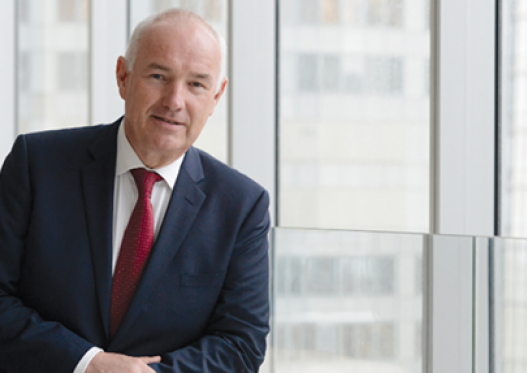Being late to the party but getting ahead of regulation can help build trust, according to the Financial Market Authority’s first director of banking and insurance.
Clare Bolingford, who has joined the FMA from the UK’s Financial Conduct Authority, to help bring forward a new conduct regime for banks, insurance firms and non bank deposit takers was speaking during FINSIA’s latest International Risk Webinar - The Art of the Possible.
“Although firms often see new regimes as a compliance challenge, which is completely understandable when new laws come in,” said Bolingford.
“But we really see this as an opportunity, to build trust and confidence in the industry.”
While New Zealand did not see the same kind of bad examples as the Royal Commission, there were “real weaknesses around systems controls and processes and manual errors everywhere.
“The systems were not connected up, the front office didn't talk to the back office. That was really having a real impact on customers and actual harms for resulting from that,” added Bolingford.
“Identification and management of conduct risk over the full lifecycle of products was not being prioritised here by the industry. So the new regime really does provide that opportunity to think about things differently.
“Firms are being more proactive. We’ve seen some really good practice coming out of some of the banks, often as a result of learning lessons from other jurisdictions.”
Exploring how UK, Australian and Singapore firms have dealt with this already, and the different tools they've been used to address conduct risk is helping to bring good practice to New Zealand.
“In some ways, it's quite good to be late to the party, because it means that we can learn from other people and bring that in,” added the Regulator.
“But there's still a lot more that needs to be done. And thinking differently about how to tackle these challenges is really important. There's a great opportunity for RegTech in this space.
“We think that there needs to be greater priority given to investment in underlying technology in New Zealand in banking. That will help support better controls for conduct risk management.”
Bolingford also says the UK is a “bit further along in their thinking around, not necessarily having a compliance-led program in place, but really having a good conduct risk management program.
“It's about shifting the mindsets away from what are the rules, how do we make sure that we've got a big stack of processes and record and everything in place to be able to tick off when the regulator comes in and say yes, "Here is our compliance manual." You can go through that and make sure that everything's in order.
“It's really a shift in mindset to say we do need to think harder and differently about how we achieve good outcomes for customers over time and how we make sure that actually the things we say we want to do, are being implemented in practice.”
RegTech can be a really great opportunity to support some of that new thinking and new tools.
“Our approach as the FMA will focus on good conduct management. Although, clearly, we'll need to make sure that people comply with the minimum standards of the regime as well.”
To access the on demand webinar, visit https://www.finsia.com/news-hub/webinars/risk-webinar-2-non-financial-risk-management-the-art-the-possible








